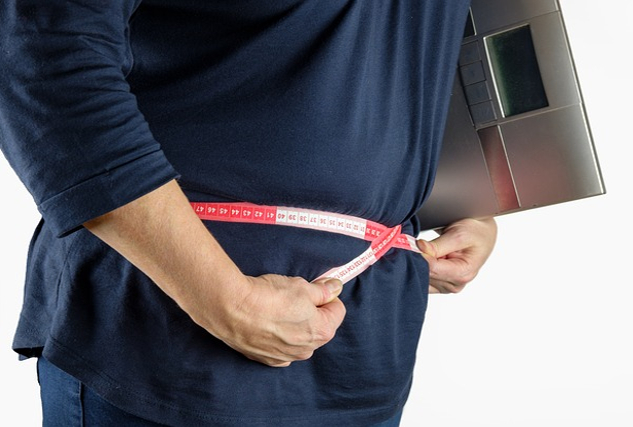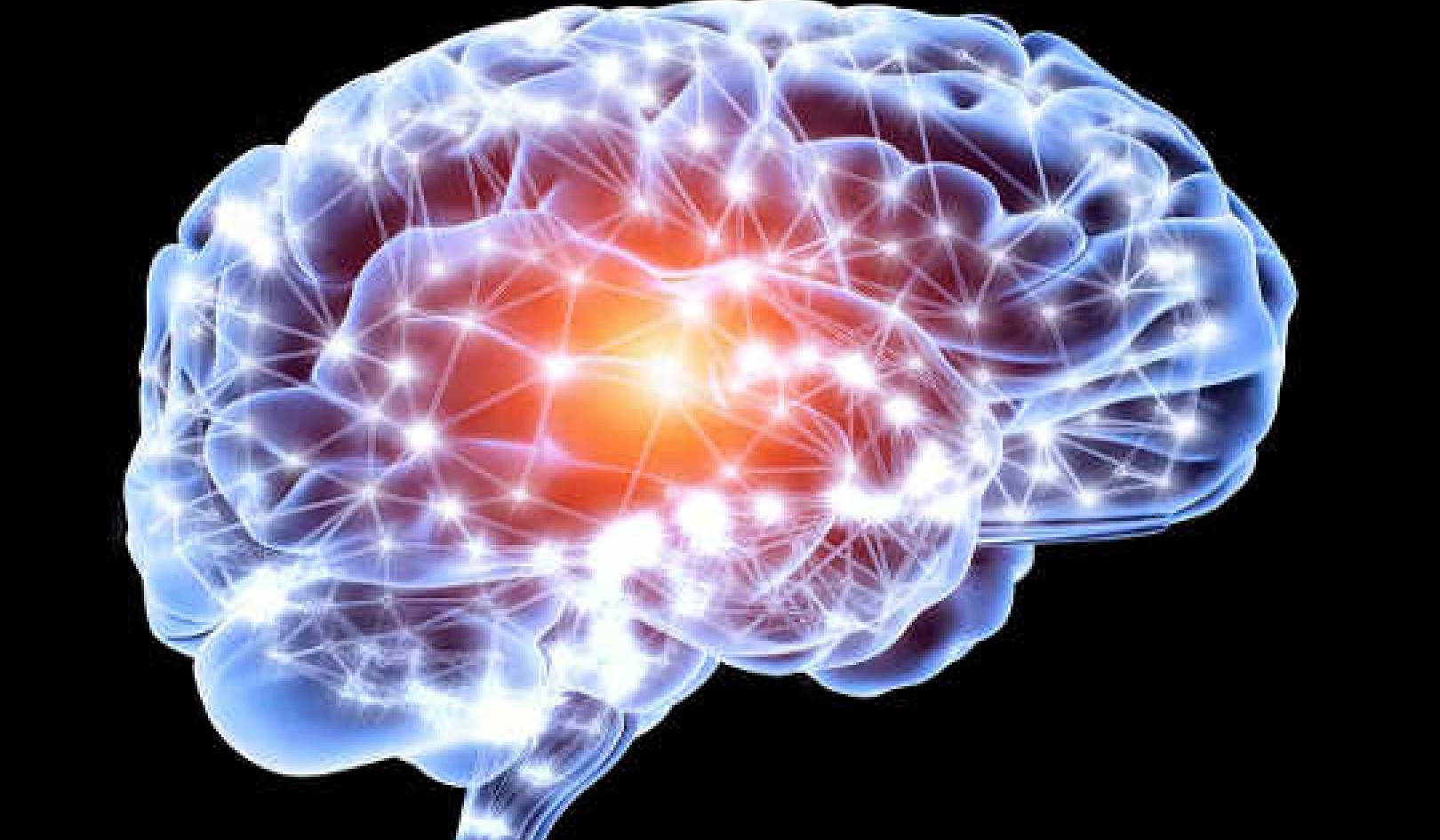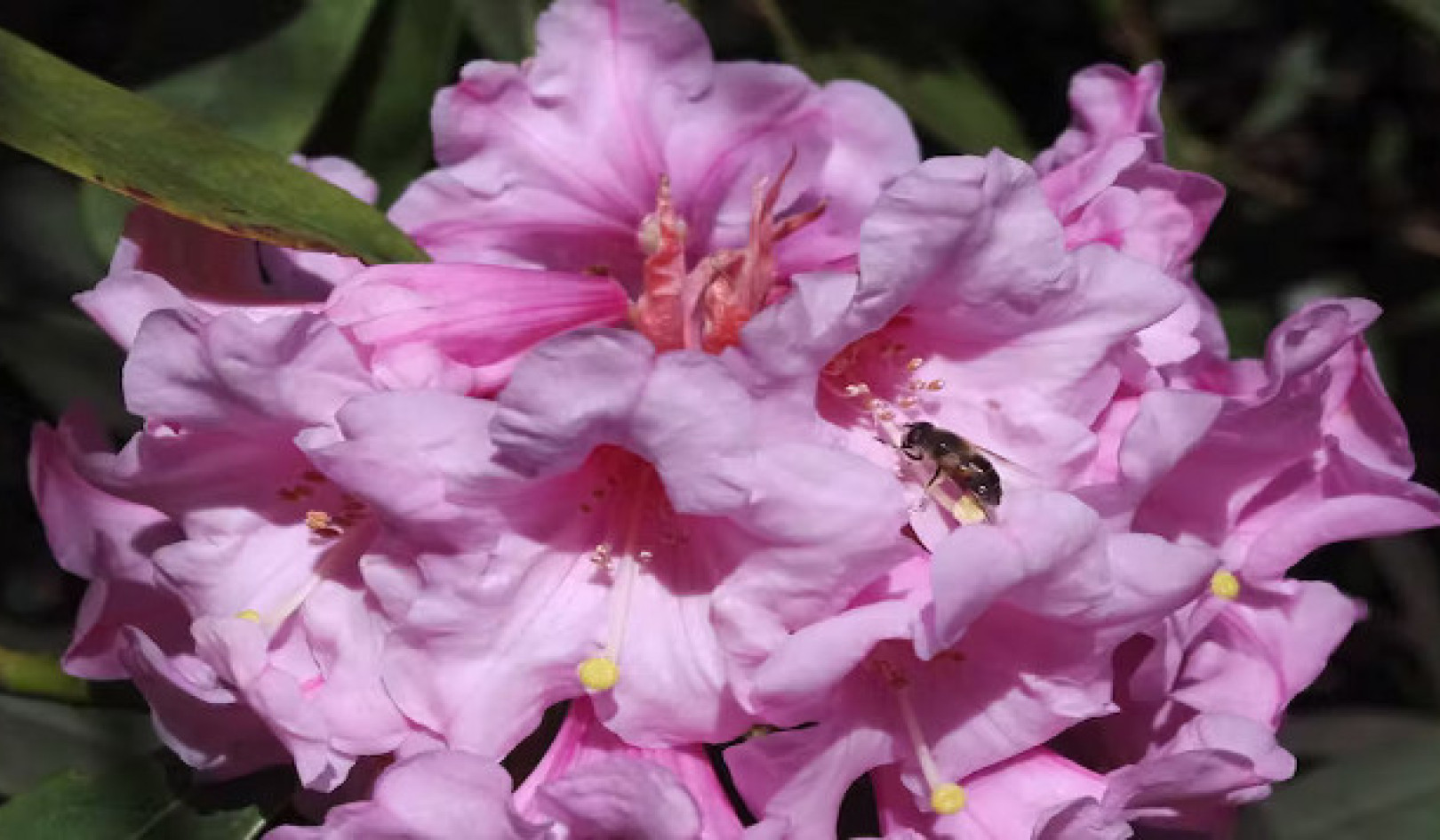My mother is fat and has been since she had babies and stopped smoking cigarettes. As a family, we were always trying some new diet: Atkins, WeightWatchers, low-fat everything.
Growing up, I observed how my mother picked herself apart in the mirror and how poorly she spoke about her body. It was never explicitly taught or said, but my young mind came to understand that in that house, bigger bodies were bad and smaller bodies were good. As I grew up, my friends and society in general—media, books, music, movies, and TV shows—all confirmed my suspicions.
My mother once said to me, “Sydney, you’d better watch what you eat, because if you don’t, you’ll end up like me.” I was young and I didn’t understand. What does she mean? I’ll end up being a cool cheer mom? I’ll give the shirt off my back for someone in need? Why is that bad and what does that have to do with the food I eat?
I know now that my mother meant well when she told me that, but back then all it did was instill fear in me and confirm that being fat would be my biggest offense as a woman in our society, regardless of how good of a person I was, what I achieved, or who I was in community with. Throughout my life, even when I was fit and healthy, I felt the need to be smaller, with a body like a Victoria’s Secret model and hair like you see in an Herbal Essences commercial.
When she said that to me, I was already addicted to earning gold stars. I didn’t want her to think I was stupid by asking questions, so I nodded and made a note to always watch what I eat so I wouldn’t end up fat like my mother.
Fat Is Not A Bad Word
I want to note that fat is not a bad word. When I say, “My mother is fat and has been since she had babies and stopped smoking cigarettes,” I’m not insulting her. I’m offering a descriptive word to help illustrate my point. Fat activists and leaders of the body positive movement all over the world are working hard to reclaim this word.
When we reclaim the word, we reclaim our power. After a lifetime of hearing this word weaponized in our society, doing this takes a tremendous amount of awareness, discipline, and reframing to move through, so give yourself a lot of grace, and be patient with your progress.
My Fear of Being Fat
In my own unpacking of my fear of being fat, I came to realize just how much negative power those three letters had held over my entire existence. It is wild to think back on how much energy I expended to try to stay small in order to avoid the pain and shame that follows this word. Between the warning from my mother, the lack of positive representation in the media I consumed, and the insults hurled at me throughout my life, it was pervasive.
I was not only scared of being fat, I was convinced that if I allowed myself to get to that place, that I was also lazy, unattractive, and a stain on society. That is a lot to wrap your head around later in life with a fully developed brain, and even more damaging when we’re figuring out our sense of self as we grow up.
Prior to hiking the trail, one of my skydiving coaches told me I needed to weigh under 130 pounds if I ever had a dream of competing at an elite level. In addition to all of the self-worth issues that come with being a certain size in this society, my weight felt like a barrier to my success as an athlete.
For so long, I had been dumbing myself down and denying my brilliance because a smart fat girl is a threat to the system. More specifically, I was always trying to create a smaller body to fit into. For as long as I could remember, I had been nitpicky about my body, uncomfortable in my own skin.
Turning A Corner
Already in the months leading up to the trip (hiking the Trans-Catalina Trail) I had turned a corner. Instead of mindlessly scrolling and having a passive experience, I started to use social media intentionally. I stopped following accounts that made me feel bad about myself. I followed accounts that featured beautiful outdoor photography and inspired my adventurous spirit.
I unfollowed brands that only showed me a thin, white standard of beauty and started seeking out body positive accounts, activists who celebrated women of all shapes, all races, all abilities. As the visuals in my feed diversified, so did my opinions of myself. As I saw more and more women posting their favorite pictures of themselves, feeling themselves, rocking the world in ways only they knew how, I widened my own definition of beauty.
When I saw how many different ways one could be beautiful—and with this inclusive feed I was curating, I saw that more bodies looked like mine—I stopped hating my body so much. Stopping the self-hate wasn’t the same as engaging in self-love, but it was a great start.
For so many years I had avoided looking in a mirror. I hid behind Barry in pictures because I was ashamed of my body. Can you relate?
Body Image Issues
Body image is an issue that brings up a lot of emotions and memories, so before we jump into the prompts for this section, I’d like to extend an invitation. At any point along this journey, if the prompts feel more like a personal attack than an opportunity for reflection, I invite you to choose love over fear.
Here’s a quick example from my own story: When I didn’t judge myself in the dressing room in 2016, at the heaviest I’d ever been, I chose love for myself over the fear of being fat. While it has taken years for me to unpack my body image issues, a simple pause to give yourself the space to choose love can be a great place to start.
MINDFUL MILES
Now, you might be thinking, “Sydney, you’re asking me to unpack my body image issues by participating in an activity that stirs up insecurities about my body!” And you’re right, I am.
These questions might make you squirm. I know they did for me when I was first starting out. In fact, I avoided this work entirely until I started hiking. Every attempt I made to sit with my body image issues ended in me not doing the work because I couldn’t sit still in a body I felt betrayed by. I invite you to explore this for yourself.
First, try sitting with the following questions and journaling about them. Make note of any thoughts or physical sensations that come up. Next, try going for a walk and reflecting on these questions further. Resist the urge to apply labels like “good” or “bad” to anything you might be feeling.
Just pay attention to the difference (if any) between these two exercises. If you try both and still want to run and hide from whatever’s surfacing, cultivate curiosity about where these feelings are coming from instead of judging yourself for how you feel.
If you are fat, have you started to reclaim the word for yourself?
Is there anything you’ve been putting off until you reach what you consider to be the perfect weight?
Where did you learn this idea of what makes the perfect body?
One more thing on the word fat. Yes, the word carries a lot of weight. Yes, it has caused harm for generations. But here’s another question: Fat compared to what? To the models that the fashion industry has prioritized because sample sizes require less fabric and therefore generate more profit? Consider who sets the standard of beauty here, and who stands to profit by you judging yourself and others. Reclaiming this word is a radical act that can liberate you from the lies we’ve internalized as truths about our bodies.
Next Step: Look in the Mirror
If you’ve been avoiding mirrors because you don’t like what you see, go look in one. Get your face as close to the glass as you can. Explore the different colors of your eyes, the length of your eyelashes, and how your eyebrows wiggle when you make different faces.
Instead of focusing on your body and how it looks, spend at least thirty seconds looking straight into your own eyes. As you do, give yourself compassion, love, and permission to move forward from this point in your life. Whatever happened that brought you to this point is in the past, and no amount of negative self-talk will change it.
Social Media Detox
Go through your social media profiles and look at who you follow. It’s time for a detox. As you start scrolling, make note of how you feel when you see certain images. Pay attention to how many bodies you see that look like yours.
Does the hot chick on a mountain have you feeling less than? Unfollow or mute. Feeling like you need to buy the latest and greatest from an influencer or brand you follow? Unfollow or mute. If the content someone shares makes you feel bad about yourself or your circumstances, let it go. Anything that doesn’t enrich your life, inspire you, or make you feel good has got to go.
Shift your use of social media. Is there something you want to learn more about? Follow some accounts that are specific to that topic. Do you want to be inspired by beautiful nature images? Follow some of the photography accounts. Don’t torture yourself by staying digitally connected to content that makes you feel bad about yourself.
This is your life, your phone, your account, your rules. Your attention is one of the most valuable pieces of currency online today, so don’t give another second of thought to the accounts that don’t serve your highest good.
Observe Without Judgment
If you’re ever feeling consumed by the comparison game, get outside and start observing. If you’re in a forest, notice how the tree canopy feels like a nice hug from Mother Nature. Listen to the differences between bird calls. Lie in the grass and look up at the clouds.
When we’re in nature, we aren’t nitpicking the trees, comparing the clouds, or ranking bird calls the way we do human bodies. Allow yourself to simply exist among the beauty of nature and appreciate the diversity you can find.
Deeper Dive
It’s important to note the difference between consuming information that makes you feel bad about yourself and information that challenges your thinking. When I was first learning about my internalized fatphobia and misogyny, I started following activists and thought leaders in this space.
Some of the things they posted challenged my deeply held beliefs about myself, and it didn’t feel good. That feeling of being challenged to think differently manifests in my body the same way that feeling bad about myself does. My stomach gets upset, my chest tightens, and I feel a surge of energy as my nervous system gets dysregulated. If we’re going to grow and stretch and unlearn the harmful lies we’ve been telling ourselves, it’s going to come with some discomfort.
Make sure that in your social media detox, you aren’t setting yourself up in an echo chamber. We’ve lived in these bodies for our entire lives and our beliefs about them won’t be unlearned overnight.
If you’re brand new at this and your feed is a dumpster fire, enjoy some time and space on social media without the posts that trigger your insecurities or fears, and allow this to be a source of inspiration and learning. When you’re able to scroll and enjoy it, then you can start to layer in some accounts that will help you learn new things.
Copyright 2024. All Rights Reserved.
Article Source:
BOOK: Hiking Your Feelings
Hiking Your Feelings: Blazing a Trail to Self-Love
by Sydney Williams.
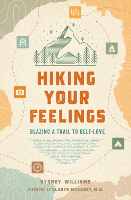 Join wellness advocate and wilderness guide Sydney Williams as she shares her healing journey from eating and drinking her feelings to hiking her feelings. When Sydney unexpectedly found herself diagnosed with type 2 diabetes, while grappling with grief and unresolved trauma built up over a decade, she set out on a quest to turn her pain into power.
Join wellness advocate and wilderness guide Sydney Williams as she shares her healing journey from eating and drinking her feelings to hiking her feelings. When Sydney unexpectedly found herself diagnosed with type 2 diabetes, while grappling with grief and unresolved trauma built up over a decade, she set out on a quest to turn her pain into power.
Two hikes across Catalina Island and eighty miles later, she learned to disconnect from distractions and reconnect with herself, all through the power of nature. Now, she’s encouraging others to get outside and blaze their own trail to self-love, turning buried traumas into healthy coping mechanisms. With affirmations, prompts, and reflection exercises throughout—all presented from Sydney’s supportive and self-effacing perspective—Hiking Your Feelings offers a toolkit to unpack your “trauma pack” and step into the best version of yourself.
For more info and/or to order this book, click here. Also available as a Kindle edition.
About the Author
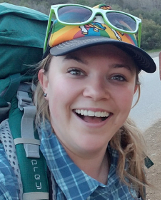 Sydney Williams is the founder of Hiking My Feelings®, a nonprofit dedicated to the healing power of nature.
Sydney Williams is the founder of Hiking My Feelings®, a nonprofit dedicated to the healing power of nature.
Sydney has 15+ years of marketing experience and is a former competitive skydiver. She has been featured in HuffPost, Psychology Today, U.S. News & World Report, and on the SXSW stage.
For more information go to: HikingMyFeelings.org


